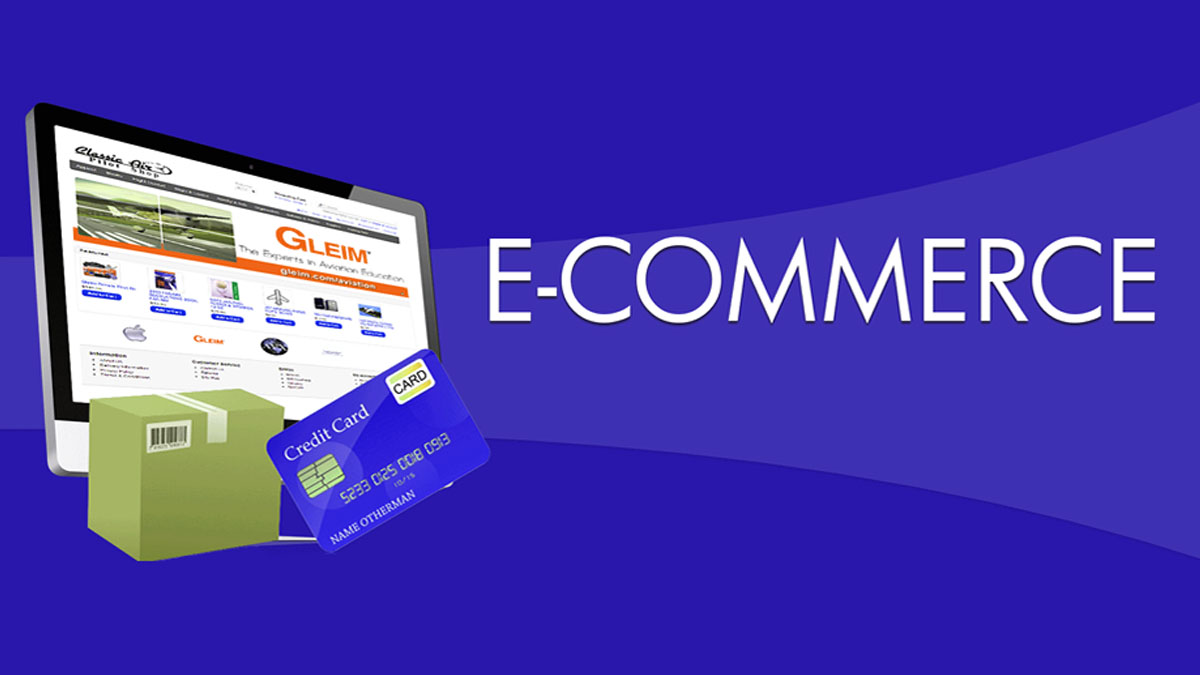Your One-Stop Guide to B2C Ecommerce Website Development
In today’s digital age, establishing a robust online presence is imperative for businesses looking to thrive in the competitive market. B2C ecommerce website development holds the key to unlocking a world of opportunities, allowing businesses to reach and engage with their target audience effectively. From enhancing user experience to streamlining sales processes, investing in B2C ecommerce website development can revolutionize your business strategy. Let’s delve into the intricacies of developing a successful B2C ecommerce website.
Understanding B2C Ecommerce Website Development
In the fast-paced world of online commerce, having a dynamic and user-friendly website is essential for attracting and retaining customers. B2C ecommerce website development focuses on creating an intuitive online platform tailored to meet the needs and preferences of individual consumers. By leveraging cutting-edge technologies and innovative design principles, businesses can craft immersive digital experiences that drive conversion rates and foster brand loyalty.
The Importance of User-Centric Design
At the heart of B2C ecommerce website development lies the concept of user-centric design. Prioritizing user experience (UX) ensures that visitors can navigate the website effortlessly, find products or services quickly, and complete transactions seamlessly. Incorporating responsive design elements and intuitive navigation features enhances usability across various devices, catering to the diverse needs of modern consumers.
Optimizing for Mobile Responsiveness
With the proliferation of smartphones and tablets, mobile responsiveness is no longer optional—it’s a necessity. B2C ecommerce website development must prioritize mobile optimization to cater to the growing segment of mobile shoppers. Responsive design, fast loading times, and mobile-friendly layouts are essential for delivering a consistent and engaging browsing experience across all devices.
Harnessing the Power of Data Analytics
Data-driven insights are invaluable for optimizing the performance of B2C ecommerce websites. Implementing robust analytics tools allows businesses to track user behavior, monitor sales trends, and identify areas for improvement. By analyzing metrics such as conversion rates, bounce rates, and customer demographics, companies can refine their marketing strategies and enhance the overall user experience.
Key Strategies for Successful B2C Ecommerce Website Development
Developing a high-performing B2C ecommerce website requires careful planning and execution. Here are some key strategies to consider:
1. Personalization
Tailoring the shopping experience to individual preferences can significantly boost customer engagement and loyalty. Implementing personalized product recommendations, targeted promotions, and customized content enhances the relevance of the website and fosters meaningful connections with customers.
2. Seamless Checkout Process
A cumbersome checkout process can lead to cart abandonment and lost sales. Simplifying the checkout process by offering guest checkout options, multiple payment gateways, and streamlined forms can improve conversion rates and enhance user satisfaction.
3. Integration with Third-Party Platforms
Integrating with popular ecommerce platforms and marketplaces expands the reach of your online store and exposes your products to a wider audience. Seamless integration with payment gateways, shipping providers, and inventory management systems streamlines operations and enhances scalability.
4. Security and Trust
Building trust is crucial for driving conversions in the competitive ecommerce landscape. Implementing robust security measures, such as SSL encryption, PCI compliance, and secure payment gateways, instills confidence in customers and protects their sensitive information.
Frequently Asked Questions (FAQs)
How long does it take to develop a B2C ecommerce website?
The timeline for developing a B2C ecommerce website varies depending on factors such as complexity, features, and customization requirements. It can take a few weeks to several months.
What technologies are commonly used in B2C ecommerce website development?
Popular technologies used in B2C ecommerce website development include content management systems (CMS) like WordPress and Magento, ecommerce platforms such as Shopify and WooCommerce, and programming languages like HTML, CSS, and JavaScript.
How can I drive traffic to my B2C ecommerce website?
Driving traffic to your B2C ecommerce website requires a comprehensive digital marketing strategy encompassing search engine optimization (SEO), social media marketing, email marketing, content marketing, and paid advertising. Engaging with your target audience through compelling content, promotions, and incentives can also help attract visitors to your site.
Is it necessary to invest in mobile optimization for B2C ecommerce websites?
Yes, mobile optimization is essential for B2C ecommerce websites to cater to the growing number of mobile users. With more consumers shopping on smartphones and tablets, ensuring a seamless mobile experience is critical for maximizing conversions and retaining customers.
How can I measure the success of my B2C ecommerce website?
Measuring the success of your B2C ecommerce website involves tracking key performance indicators (KPIs) such as conversion rate, average order value, customer lifetime value, bounce rate, and customer retention rate. Analyzing these metrics provides valuable insights into the effectiveness of your website and helps identify areas for improvement.
What are some common challenges in B2C ecommerce website development?
Common challenges in B2C ecommerce website development include technical complexities, scalability issues, security concerns, competition, and evolving customer expectations. Overcoming these challenges requires careful planning, continuous optimization, and staying abreast of industry trends.
Conclusion
Embarking on the journey of B2C ecommerce website development opens up a world of opportunities for businesses seeking to thrive in the digital landscape. By prioritizing user experience, leveraging data-driven insights, and implementing strategic marketing tactics, companies can create compelling online storefronts that drive sales, foster customer loyalty, and propel business growth.
